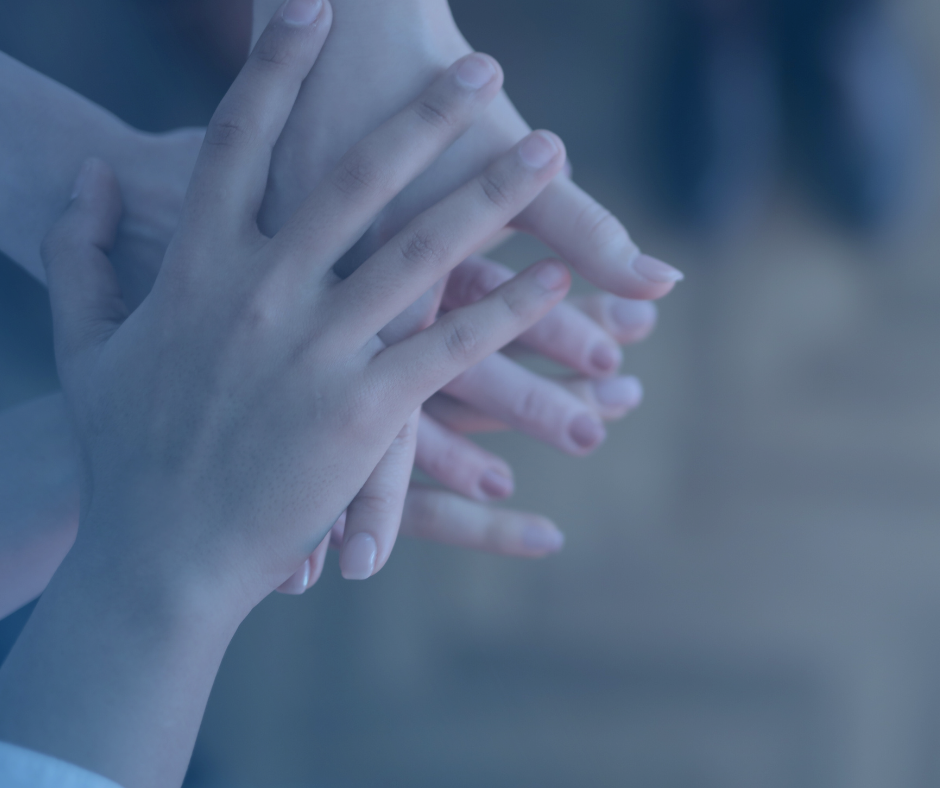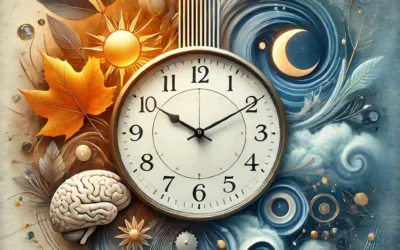We bring you to the last post from our interview with Carmen. In this part, we will discuss the biggest risks and pitfalls of bipolar disorder. We will also have a closer look on relationships and how bipolar disorder can affect them.
Carmen, do you talk about bipolar disorder with others? Do you choose who you share information about your mental health condition with?
There are a few people who know a lot about me. I am honest with them because I trust them not to misuse the information.
I choose people based on trust and how they affect me. But of course I share it with my family, meaning my mother, my sister, my ex and current partner, my children and close friends.
I think that I am open in communicating about my mental state, I am not afraid to tell people, but then again I don’t tell everyone I meet. However, there are people in my environment who don’t know that I have bipolar disorder. I feel like there’s not always a reason to mention it. They don’t often see me depressed, and they may perceive hypomania as more of a good mood.
Carmen, you mentioned that you have children and they are aware of your mental illness. How did you explain it to them and how did they react?
I explained to my children what bipolar disorder is and what it entails in an honest and age-appropriate way. I described to my younger son, who is 15, what the illness is like and that it is typically an alternation of two phases. Unfortunately, both phases are not fine and stability is rather short-lived and quickly turns into depression or hypomania again. It’s also important to note that I’m not entirely to blame for these conditions and there’s not much I can do about it. My son surprisingly took it better than my older daughter who is 23 and is finding it harder to accept. I’ve even apologized to the kids several times for the states in which they’ve had to see me. And I thank them for putting up with me, even though I realize it must be very challenging.
My son is very perceptive and can tell when I am feeling better. He comes up to me with his beautiful smiling face and wide-eyed expression and says: “Mommy you’re fine now, aren’t you?”
We were talking about your kids. Bipolar disorder is also known to be partly hereditary (i.e., there is a predisposition to outbreaks). Have there been any psychological problems in your original or current family?
I have bipolar disorder inherited from my dad, who also had it and unfortunately died when I was 8 years old. My mom is being treated for depression. So we have a family experience and history of mental health problems, and that’s why I’m also involved with my children in a research study for the offspring of bipolar disorder patients that’s going on at Czech hospital Motol. We go there once in a while for various tests so that we don’t underestimate anything.
Are there any concerns that bipolar disorder brings to you?
My biggest fear is that my depression will return. I’m not worried about anything but depression, which is so burdensome and so limiting. I wouldn’t wish depression on anyone.
The nurses who cared for us during hospitalisation said that bipolar disorder is one of the most difficult illnesses. It’s terribly hard to treat because there are different treatments for depression and different treatments for mania, as I mentioned.
And that’s exactly how I feel about it. It’s a really tough disease for the brain and the body.
Have you exprienced a situation when you thought about ending your life, a suicide?
Yes, there have been several of those situations in the last quarter of a year. Pretty much every depressive phase. I just don’t want to be here anymore and I can’t handle it.
It’s a horrible feeling, thoughts of suicide in the most severe depressions, even on a daily basis. It’s this totally intrusive, compulsive thought that I can’t get rid of. It’s the first thing that pops into your head when you wake up in the morning: “I don’t want to be here anymore”.
I’ve even planned it a few times, but the combination of alcohol and pills didn’t work out.
But at the same time, the thought of my children, who I just can’t and won’t leave behind, always wins.
In these most difficult moments, a phone call with a friend is always my support. I also tried calling the crisis centre once. I also know there are other safety lines and helplines, but I have never used them. I would definitely recommend that if someone is severely depressed and would like to end their life, they should definitely call the helplines or go to a crisis centre.
| If you are looking for a crisis line in a different country, type the word “crisis line” into your internet browser and it will bring up crisis help sites that operate in your country. Here are some examples: – For Germany: Call a telephone crisis call 0800/ 1110111 or 0800/ 1110222 or you can contact a specialised depression hotline – 0800 3344533. – For UK: Call 116 123 to talk to Samaritans, or email: jo@samaritans.org for a reply within 24 hours. – For USA: The national suicide prevention lifeline 1-800-273-8255. – For Canada: If you or someone you know is thinking about suicide, call the Canada Suicide Prevention Service at 1-833-456-4566 (24/7). |
What has bipolar disorder brought you and what has it taken away?
That’s a really hard question. First of all, it has given me perspective. Every episode has basically pushed me further. Thanks to bipolar disorder, I started noticing things that I hadn’t noticed before. I think it has taught me to appreciate those ordinary moments that I now cherish. For example, the fact that the sun is shining, that the trees are growing or the birds are singing. Or what I really enjoy. I went to a massage course because I enjoy being in touch with people and working with my body. Or I really enjoy working with clay and flowers.
And what did bipolar disorder take away from me? It’s taken an awful lot of my energy. I feel like I wasted an awful lot of time and didn’t use it in the right way. Whether it was depression or hypomania. I also lost a few friends, but I’m not really sorry about that, because I made a lot of new friends, for example, from my hospitalisation at the National Institute of Mental Health.
Is there anything you would like to say to the professional or general public?
Yes. Definitely a big thank you to those who understand me, for being around me and thinking well of me. I want to thank all my friends and family for putting up with me.
A huge thank you also to the doctors and nurses at the National Institute of Mental Health in Czech republic.
And I would also like to tell everyone to follow their dreams and hold on to them. The important thing is to hold on and not panic. I think everyone should think of themselves first and then of those around them. One has to be happy with oneself first and then one can take care of others in one’s surroundings.
My fingers are crossed for all of you!



